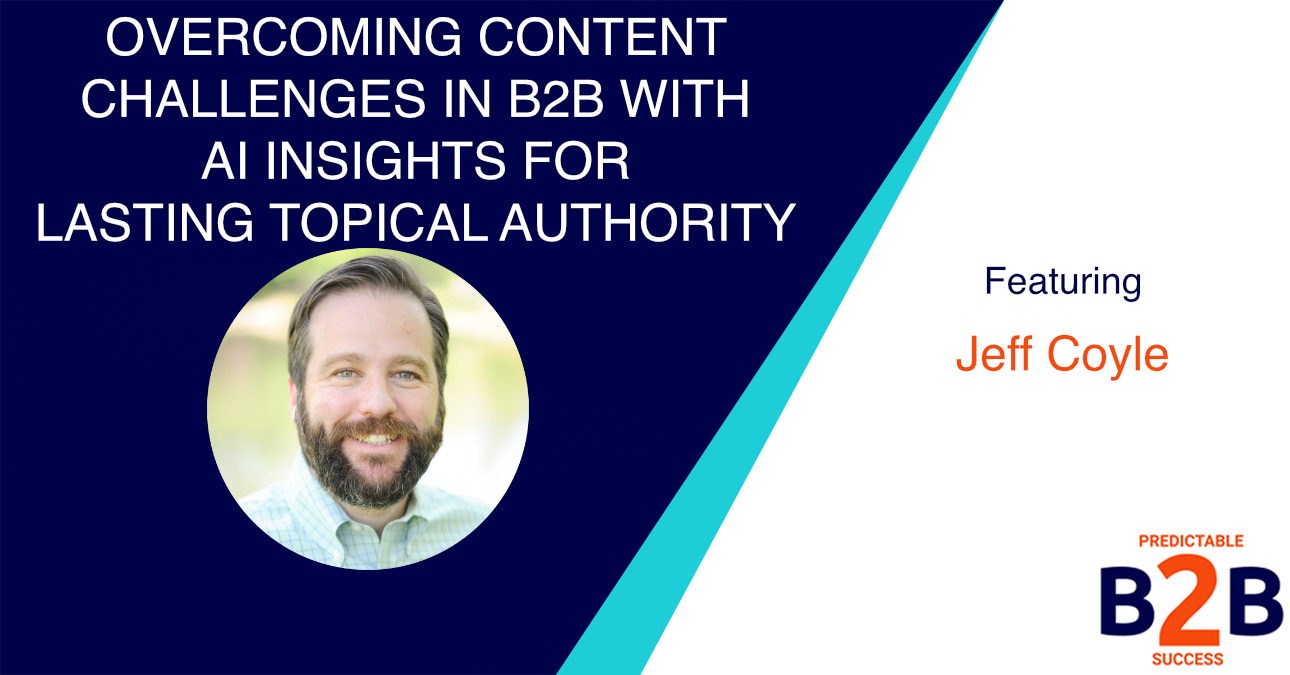The B2B pricing secret hidden in a €100M soccer deal
And how to use it to attract high-paying clients.
In June 2009, the world was stunned when Cristiano Ronaldo, a global soccer sensation, moved from Manchester United to Real Madrid.
His transfer fee was a record-breaking 80 million pounds, and his net wages were set at 9.5 million euros per year.
On top of that, Ronaldo’s agent walked away with a 10 million euro commission!
These astronomical numbers caused shockwaves across the media, and Real Madrid’s President, Florentino Perez, faced a wave of criticism.
But, as we look back on this decision, Perez’s confidence seems justified.
Shortly after acquiring Ronaldo, Perez signed French star Karim Benzema for a modest 35 million euros.
In an interview at the time, Perez said: “The acquisition that seems the most expensive at first, is in the end, the cheapest.”
Journalists ridiculed him, but with hindsight, he was absolutely right.
Real Madrid’s business strategy revolved around Ronaldo's star power, and they expected to recoup their investment within six years.
They did it even faster.
The club secured major advertising contracts with global brands like Coca-Cola, Audi, and Adidas.
They also raised subscription prices and held exhibition matches worldwide, generating a staggering 700 million euros from broadcasting rights in just five years.
They even landed an additional 30 million euros in sponsorship from internet betting company Bwin over the following three years.
So, was Ronaldo worth 100 million euros in 2009?
The answer: to Real Madrid, absolutely.
That’s why they were willing to pay for it.
Now, let’s take this lesson back to our own reality.
The lesson here is clear: customers are not as naïve as many businesses and advertising agencies assume.
They are sophisticated and make calculated decisions. If you believe that your customers are uninformed, you’re in trouble.
At the end of the day, customers weigh the benefits of a product or service against their own needs.
Some of these benefits might be emotional or irrational, but they are needed nonetheless.
Even if a salesperson doesn’t fully understand why a customer is willing to make a purchase, the customer certainly does.
That’s why people are willing to pay premium prices for products or services, even when money is tight.
But not everyone is willing to pay those prices - only those who are “flush” enough to afford the purchase and those who see the benefits they’ll receive.
To sell at premium prices, you need to truly understand your customers.
Get inside their minds, not yours.
Focus on addressing their needs, pains, and problems before you offer your solution.
This is the key to successful high-end sales.
The Real ROI:
While others chase quick wins with tactical marketing, educational content creates a compound effect:
- Deeper client relationships
- Shorter sales cycles
- Higher conversion rates
- Premium pricing power
Remember Florentino Perez's words: "The acquisition that seems the most expensive at first is, in the end, the cheapest."
Are you investing in building trust with your ideal clients? Or are you still chasing quick wins?
The latest episode of the Predictable B2B Success is live.
In this conversation with Jeff Coyle, SEO expert, serial entrepreneur, and co-founder of MarketMuse, we dive deep into how B2B companies can build lasting topical authority to drive revenue growth. Jeff shares his 21+ years of expertise in content strategy, explaining how companies can move beyond basic keyword targeting to create comprehensive content that establishes expertise and drives business results.
Key Takeaways:
1. Content teams should act as "expertise extractors," working with internal experts, product teams, and leadership to create authentic, differentiated content that builds external and internal credibility.
2. Quality content requires covering the entire customer journey - from top-of-funnel education to post-purchase support. Focusing only on converting pages is a common mistake that undermines authority.
3. When measuring content success, avoid attributing wins to single pages. Instead, understand that B2B buying involves multiple stakeholders consuming various content pieces throughout their journey.
4. True topical authority comes from telling a comprehensive story across your site that logically demonstrates your expertise, not just creating individual high-ranking pages.
5. The future of content involves winning multiple "battles" - from AI-generated overviews to knowledge panels. Companies need to build authority through multiple channels while maintaining quality and authenticity.
I'd love to hear from you. Let me know if you found this helpful or not.
Till next time,
Cheers,
Vinay.





